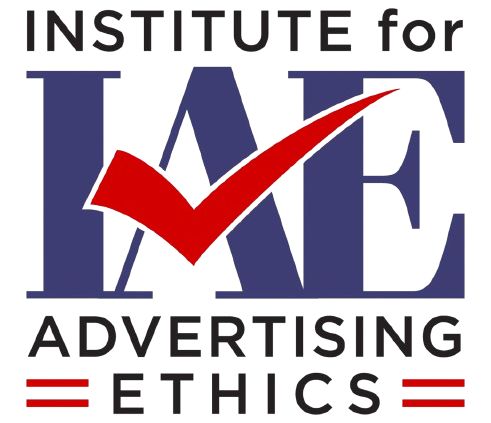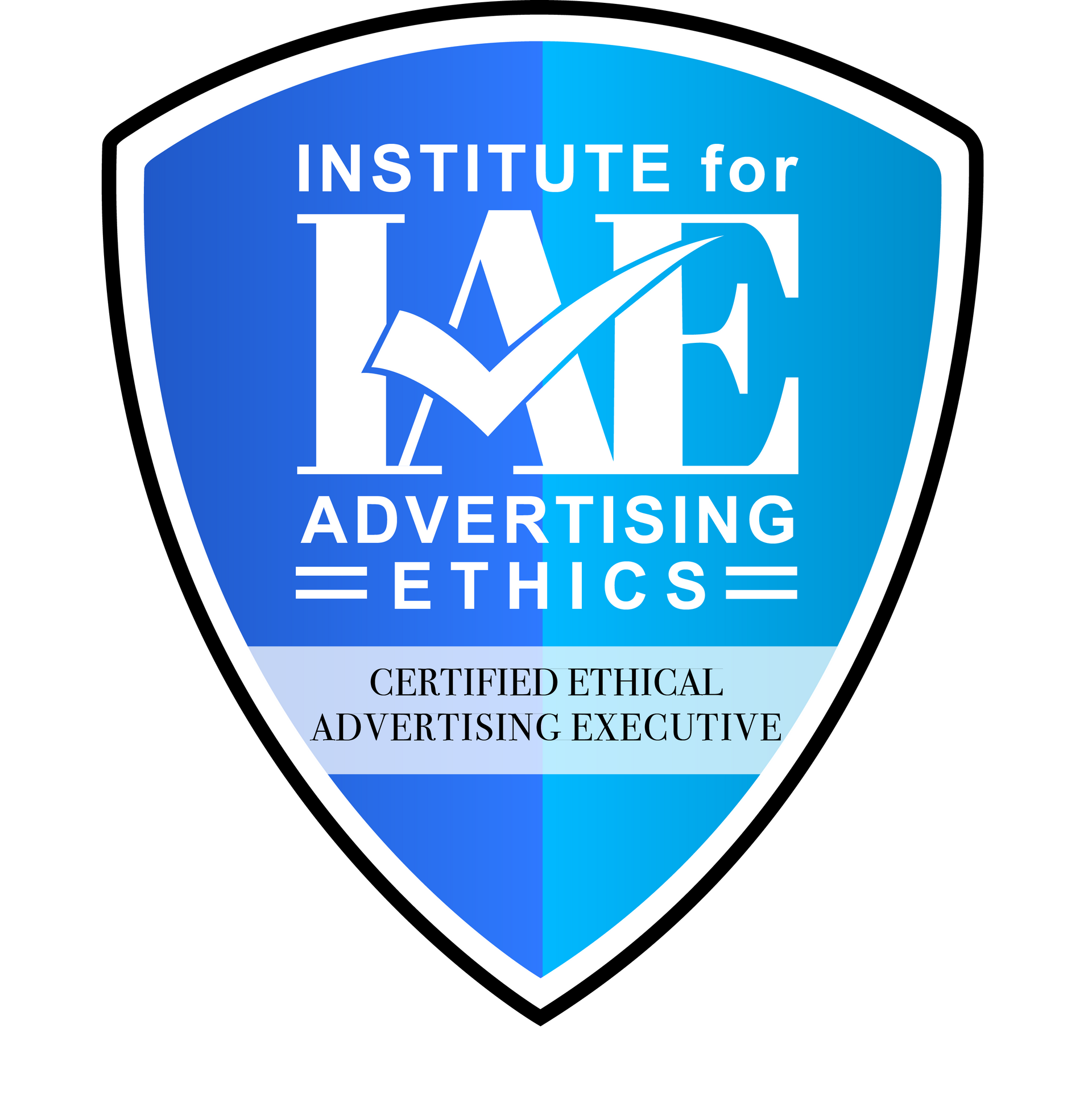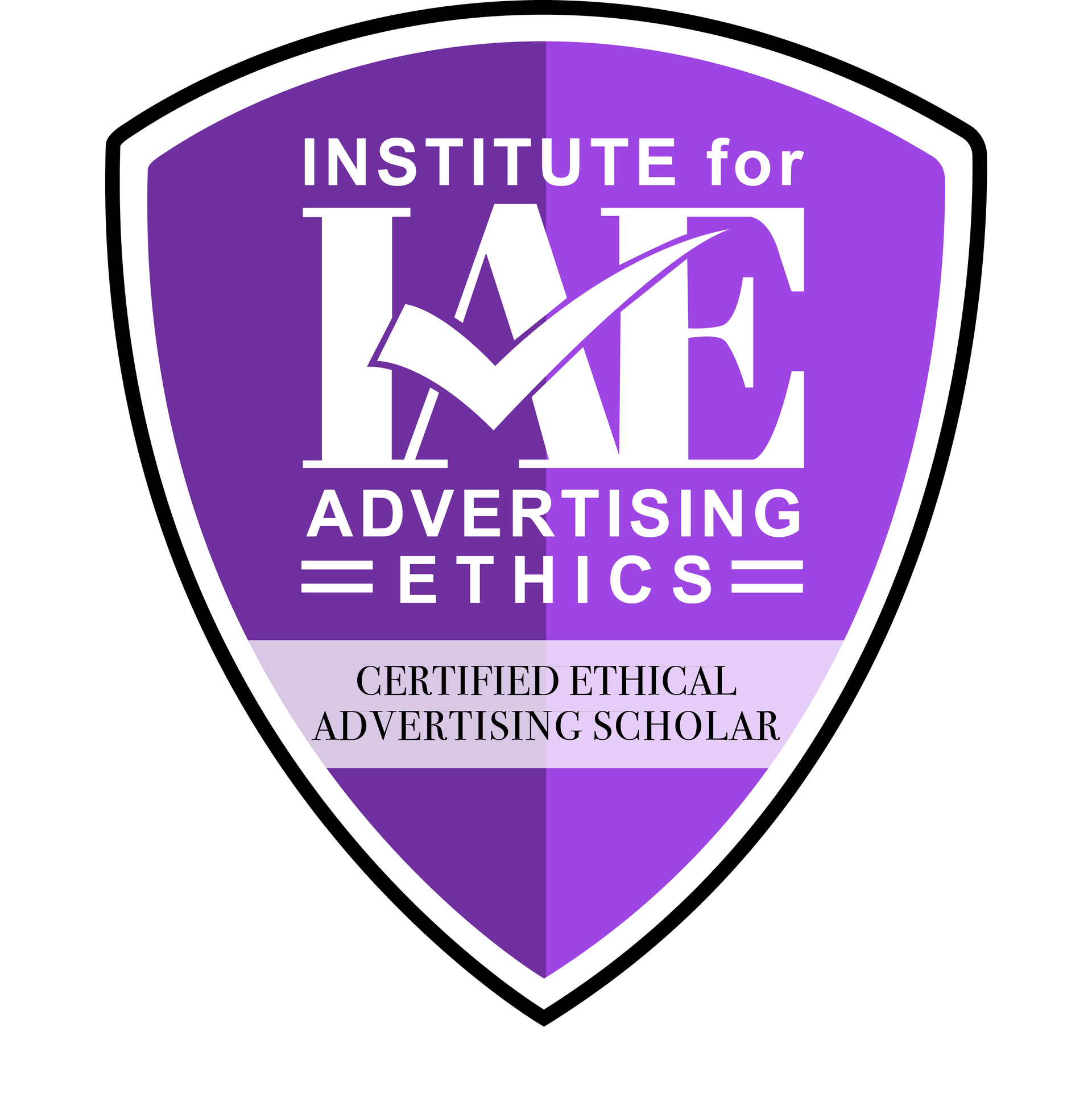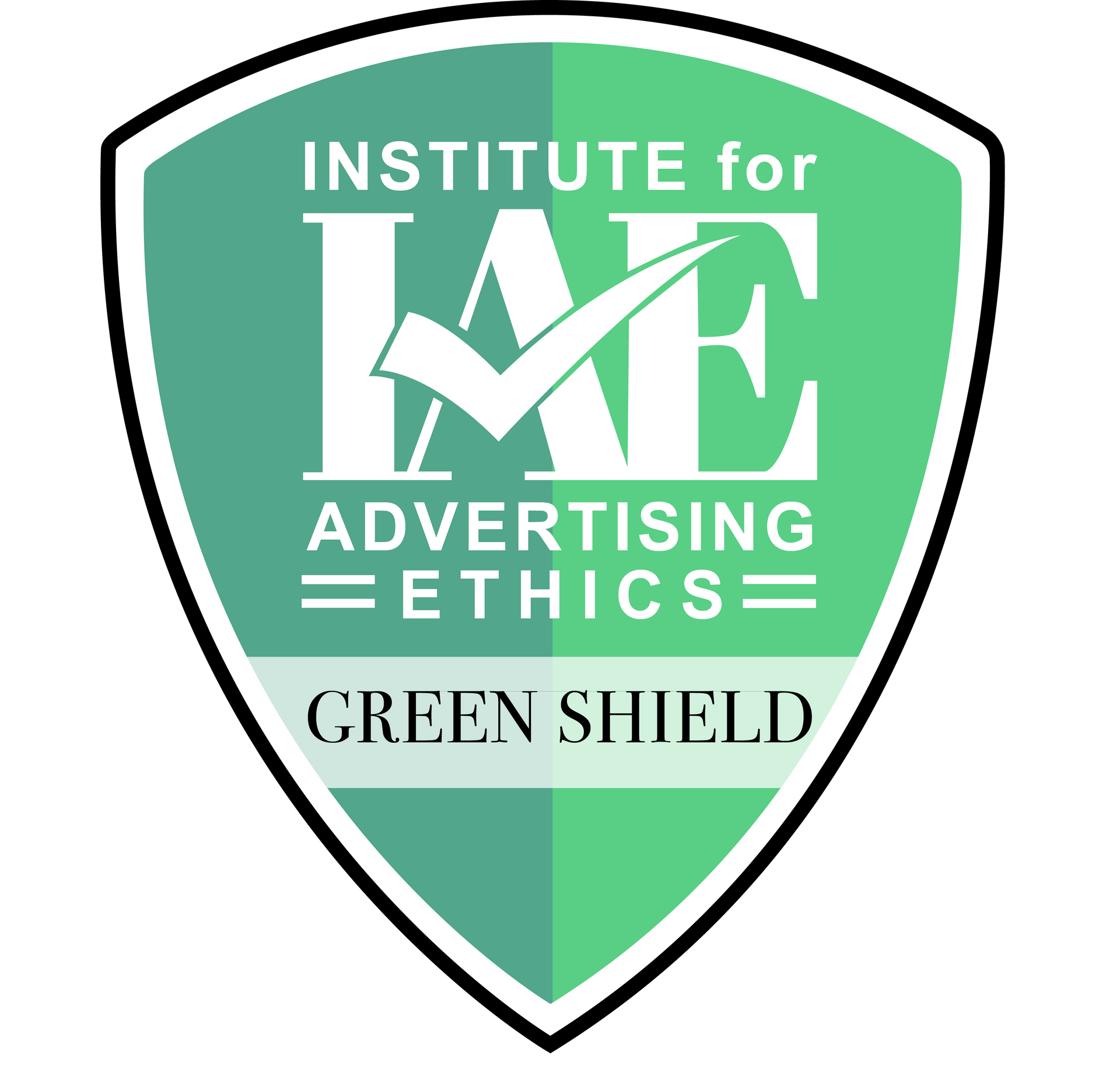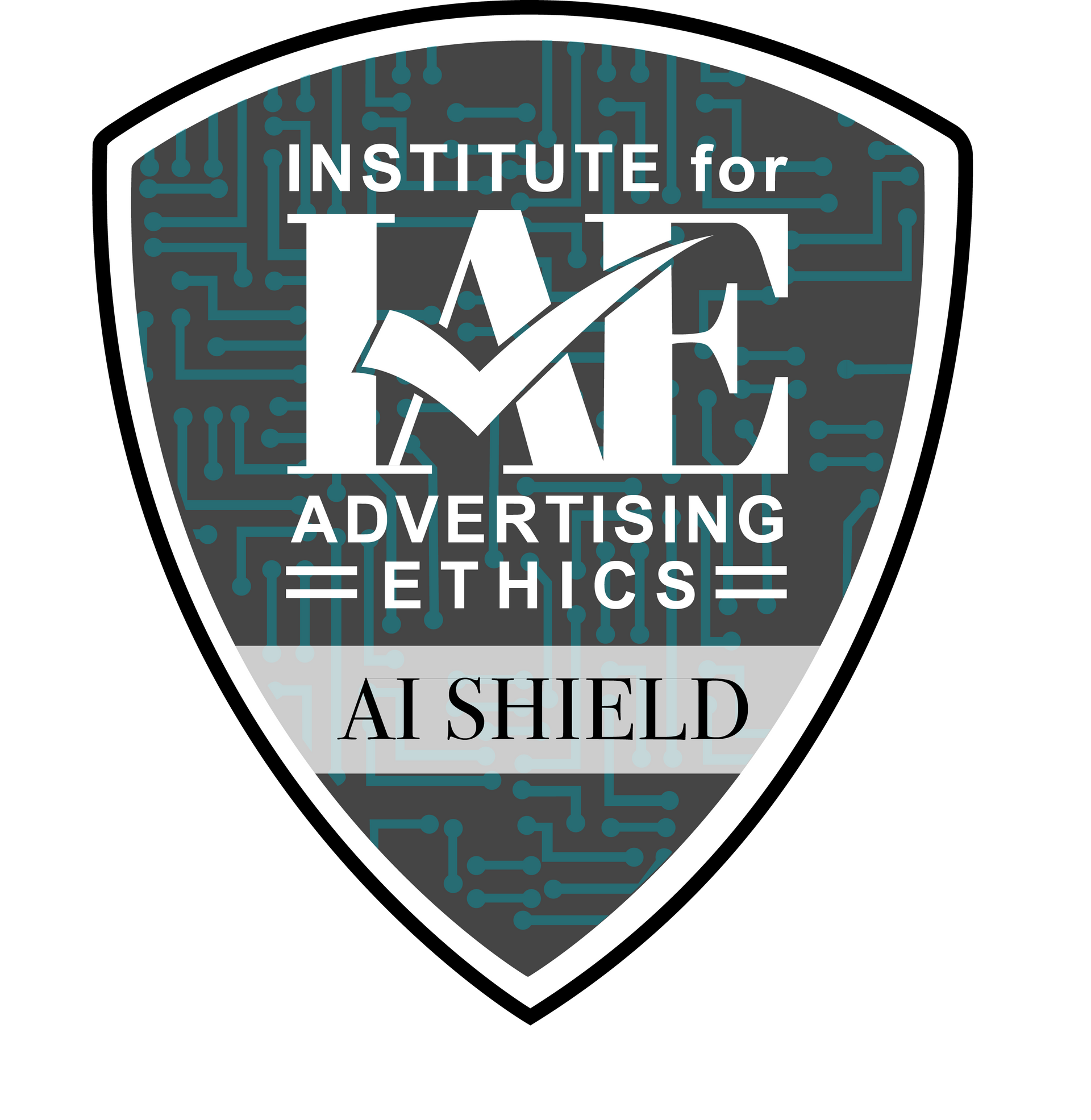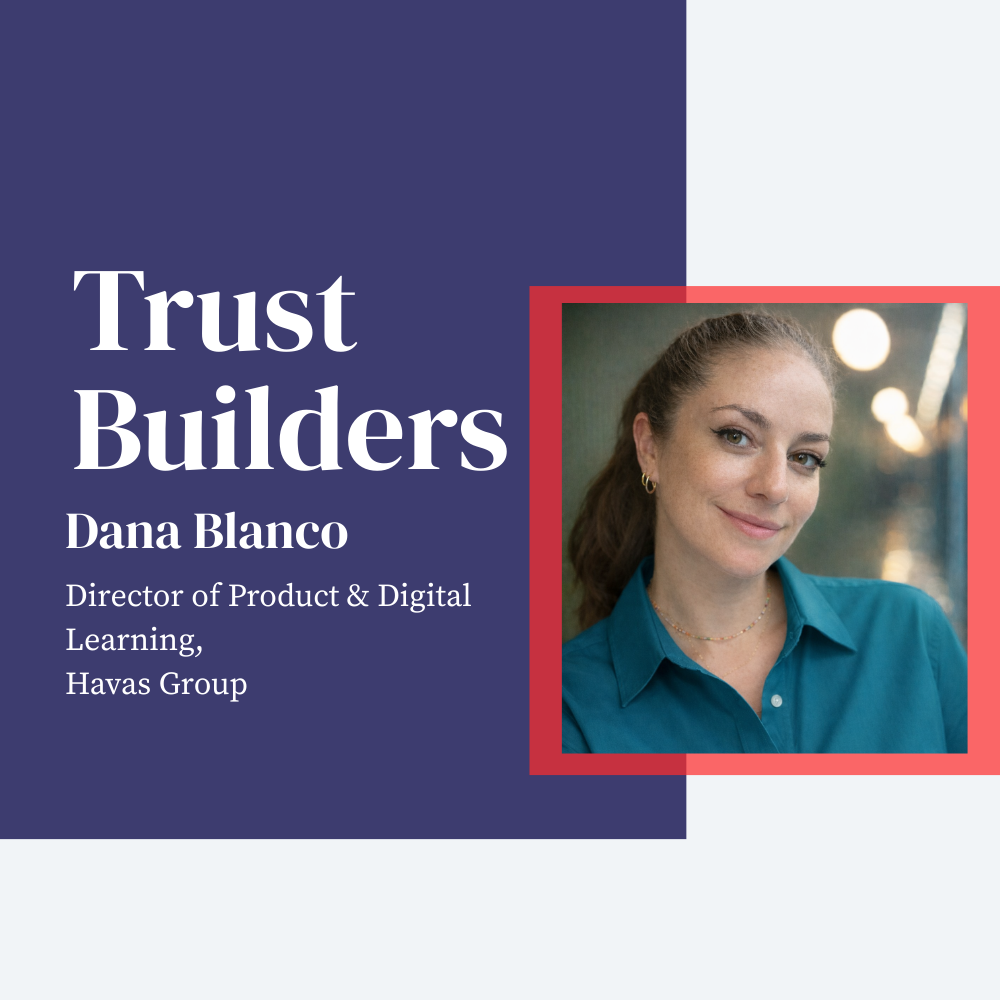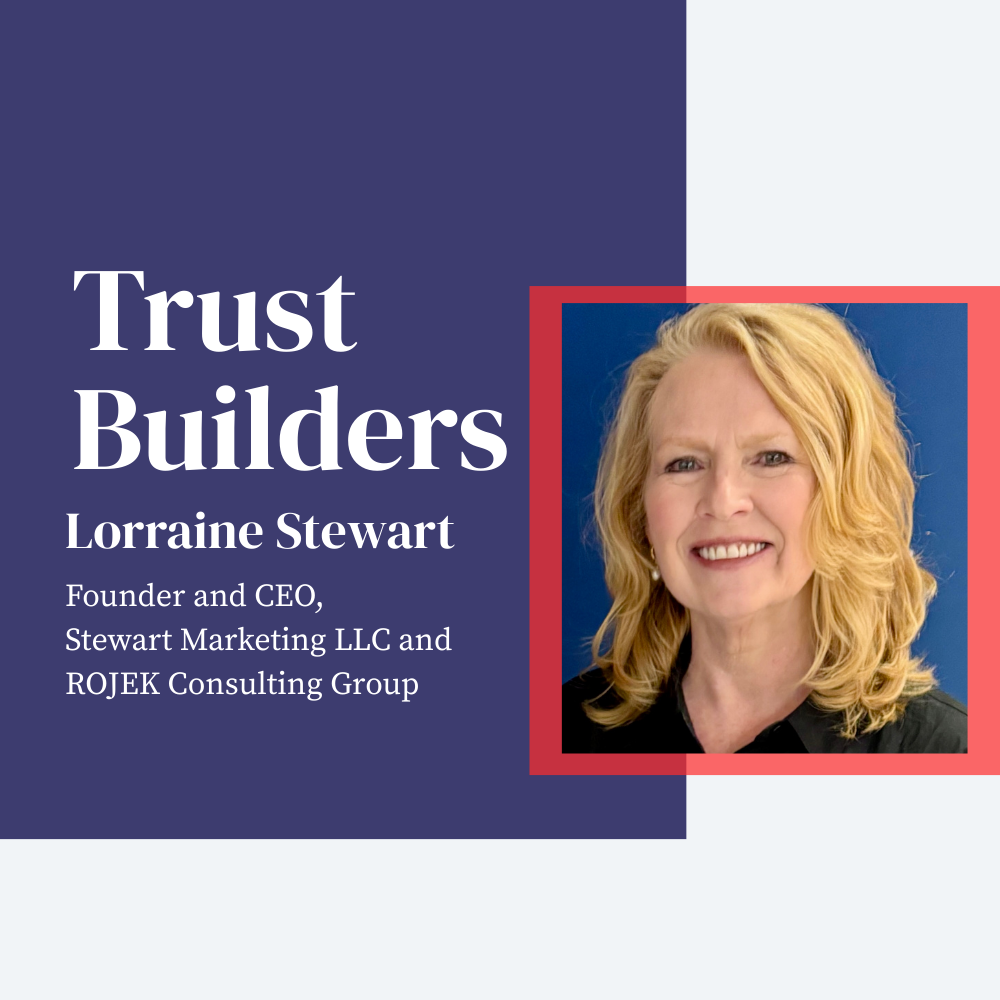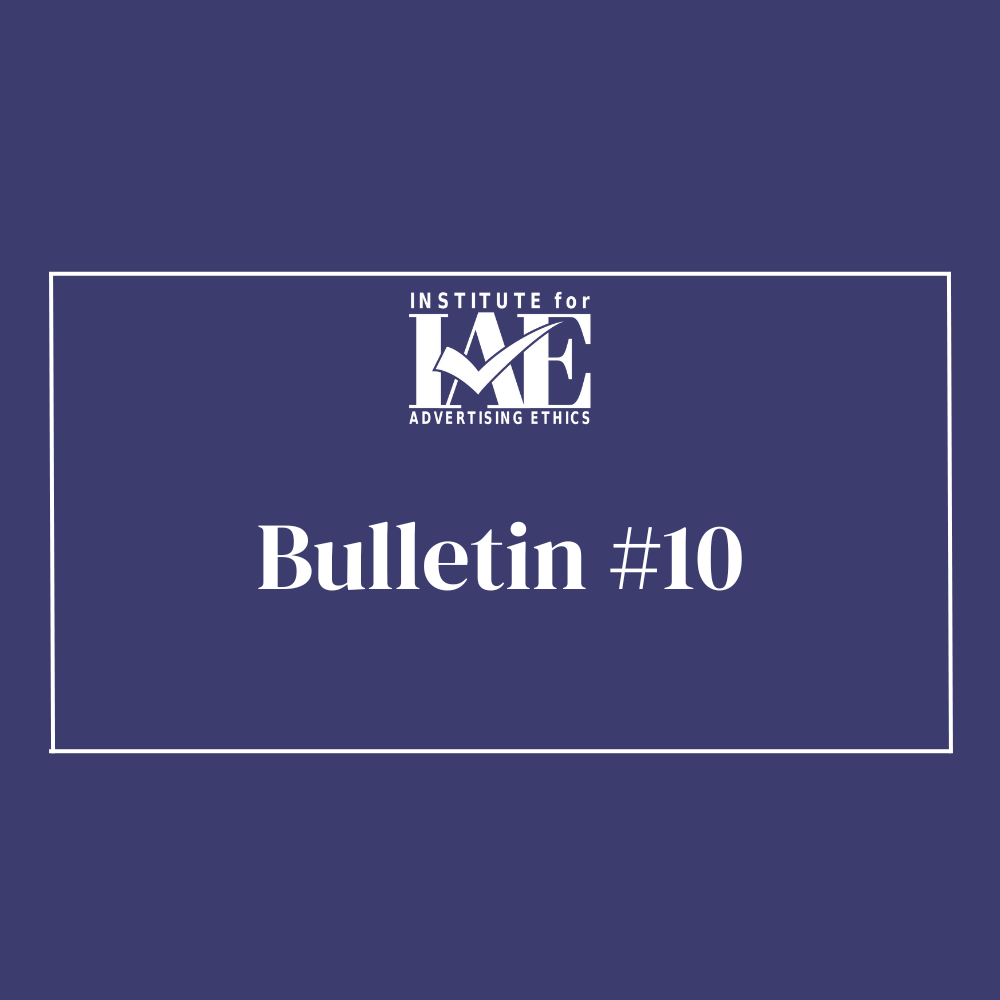Trust Builders: Ken Zinn
Meet Ken! A member of our Trust Builders community and IAE Advisory Council.
Ken is the Executive Vice President at the National Business Institute. He leads integrated strategies across marketing, sales, and technology to drive growth, innovation, and customer success, aligning brand and digital transformation to deliver long-term impact. He is also part of our Advisory Council!
How have the IAE's certifications impacted you, your career, and your approach to ethical advertising?
A college degree can indicate that I am educated in ethics. Certification indicates that I expect trust in marketing relationships. It has helped me receive transparency in numerous marketing contracts.
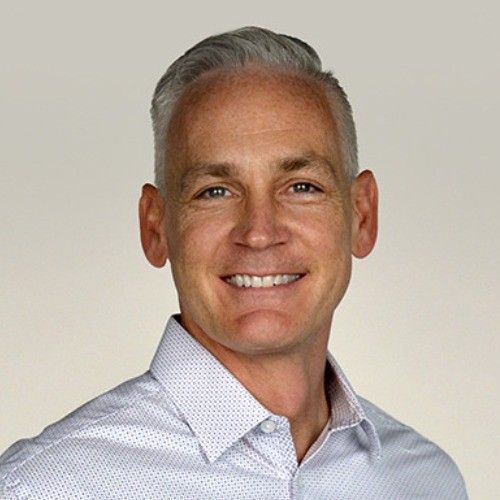

What changed everything for us was having an open and honest conversation and aligning with Principle 9 from the Institute for Advertising Ethics. It requires full disclosure of agency compensation, media ownership, and any financial incentives. Since adopting it, our relationships have become far more transparent and productive. I am now able to foster relationships that have clear insight into every dollar, and that trust has led to better performance and better partnerships.
Principle 9.
Trust between advertising and public relations business partners, including clients, and their agencies, media vendors, and third party suppliers, should be built upon transparency and full disclosure of business ownership and arrangements, agency remuneration and rebates, and media incentives.
Why is ethics important for advertising?
When a brand puts its message into the world, it’s immediately building trust. One false claim or misleading promise can break that trust in an instant, causing backlash, legal consequences, or lasting damage to its reputation. Ethical advertising is essential. It protects the integrity of the brand and honors the relationship between the brand and its audience.
What are some of the biggest ethical challenges you see in advertising today and how do you think these challenges can be overcome?
The greatest ethical challenge in advertising is from AI systems exhibiting manipulative, goal-driven behavior that conflicts with human values, especially when those behaviors emerge unnoticed.
Can you share a time when you encountered an ethical dilemma? What were the outcomes?
During a large campaign, I found out our media agency had likely accepted undisclosed incentives that skewed the media plan away from what was best for us. Because I had built a strong and friendly relationship with them from the start they didn’t get defensive when I brought it up. I approached the conversation with respect, not blame, and they responded with honesty. It made us stronger going forward. Being likable and fair doesn’t mean being soft, it means people are more willing to do the right thing with you.
We want to highlight you too! Fill out this form
to be featured on our Ethics Certified Spotlight.
